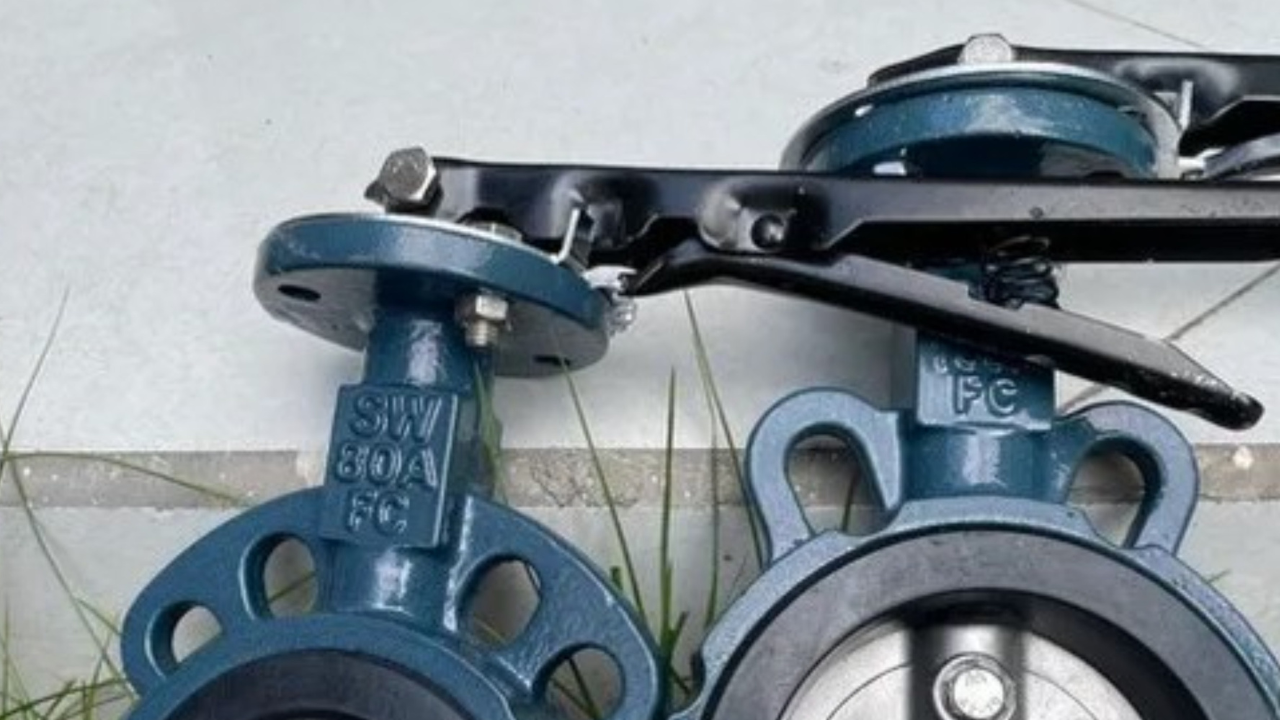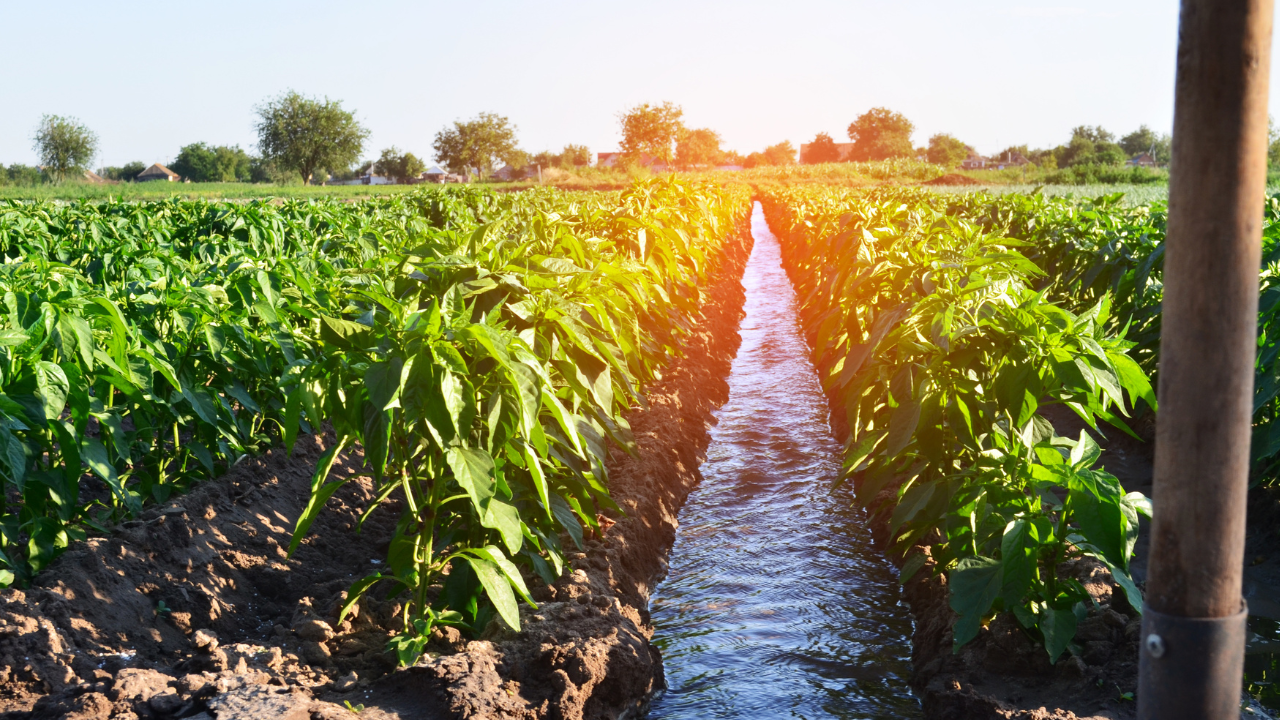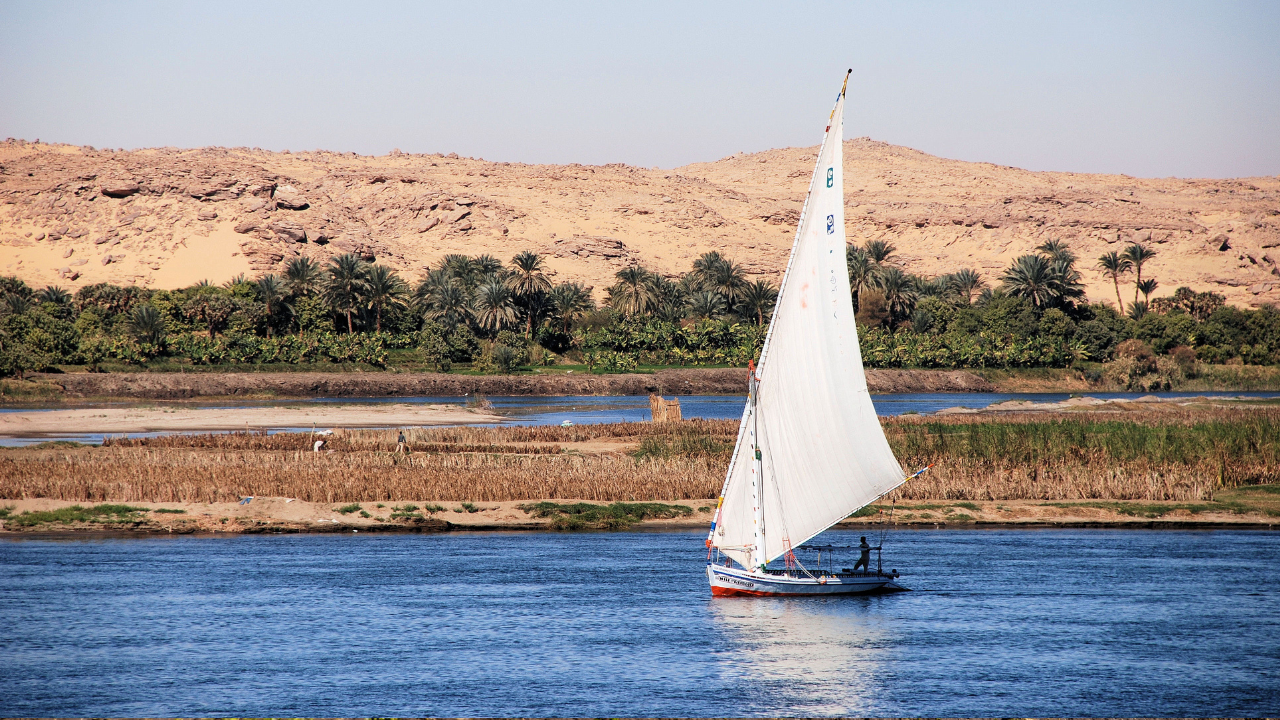Introduction to the Importance of Irrigation in Agriculture
Irrigation plays a pivotal role in enhancing agricultural productivity. In a world where climate variability and population growth challenge traditional farming methods, efficient water management becomes crucial. With agricultural lands reliant on consistent water supply, effective irrigation systems ensure crops receive the moisture necessary for optimal growth, thereby increasing yield and quality.
Moreover, sustainable water resource management is essential in today’s context of climate change and dwindling freshwater supplies. By utilizing advanced irrigation techniques, farmers can maximize water efficiency, reduce waste, and contribute to the sustainability of agricultural practices. This article delves into various irrigation systems, exploring their options, benefits, applications, and how Alhandasih.com can provide the right products to support these systems.
Types of Irrigation Systems
1. Surface Irrigation
Definition: Surface irrigation involves distributing water over the soil surface, allowing it to infiltrate into the root zone.
Advantages: Low initial investment costs. Simple to implement and maintain. Suitable for a variety of crops and soil types.
Disadvantages: Potential for water runoff and soil erosion. Inefficiencies in water use, especially on uneven terrain.
Surface irrigation is most effective in regions with flat terrain and high water availability. For farmers considering this method, choosing high-quality irrigation hoses from Alhandasih.com can help improve water delivery efficiency.
2. Drip Irrigation
How It Works: Drip irrigation delivers water directly to the root zone of plants through a network of tubing and emitters.
Benefits: Highly efficient water usage, minimizing evaporation and runoff. Reduced weed growth, as only the plant root zone is watered. Ideal for high-value crops, greenhouses, and orchards.
Drip irrigation systems represent a significant investment but can lead to substantial water savings and improved crop yields. For those looking to adopt this technology, Alhandasih.com offers a range of specialized drip hoses and fittings designed for optimal performance.
3. Sprinkler Irrigation
Principle: Sprinkler systems distribute water through a network of pipes and spray nozzles, mimicking natural rainfall.
Applications: Suitable for various crop types and terrain. Can be used for both small gardens and large agricultural fields.
Advantages: Flexible in application timing, which can be automated. Efficient in distributing water evenly across the field.
Sprinkler systems are widely used in diverse agricultural settings. For farmers interested in installing or upgrading their sprinkler systems, Alhandasih.com offers high-quality sprinklers and irrigation components that enhance water distribution.
4. Subsurface Irrigation
Installation Methods: This system involves burying drip lines below the soil surface, delivering water directly to the root zone.
Benefits: Reduces evaporation and surface runoff. Promotes deep root growth, enhancing plant resilience.
Significance: Subsurface irrigation is particularly beneficial in arid regions or for crops sensitive to surface water.
For those looking to implement subsurface irrigation, Alhandasih.com provides durable hoses and connectors designed for underground installation, ensuring long-lasting performance.
5. Closed Irrigation Systems
Definition: Closed systems involve a pressurized network that controls water delivery, minimizing waste and evaporation.
Operation: These systems can include features like automated controls and sensors to optimize water usage.
Advantages: Higher efficiency and reduced water loss. Ideal for large-scale agricultural operations.
Closed irrigation systems represent a modern approach to water management. Farmers can rely on Alhandasih.com for cutting-edge irrigation products that support closed system applications.
6. Flood Irrigation
How It Is Applied: Flood irrigation involves flooding the entire field with water, allowing it to soak into the soil.
Advantages: Simple setup and operation. Effective for certain crops and soil types.
Usage Scenarios: While flood irrigation can be effective in specific contexts, it is less efficient compared to other methods. Farmers should consider integrating other systems for improved water management.
Comparison of Different Systems
| Irrigation Type | Water Use Efficiency | Installation Cost | Maintenance Cost | Best Applications | Advantages | Disadvantages |
|---|---|---|---|---|---|---|
| Surface Irrigation | Moderate | Low | Low | Flat terrain, grain crops | Simple setup, low cost | Water runoff, soil erosion potential |
| Drip Irrigation | High | Moderate to High | Moderate | High-value crops, orchards, greenhouses | Efficient water use, reduced weed growth | Higher initial investment |
| Sprinkler Irrigation | Moderate to High | Moderate | Moderate | Various crop types, uneven terrain | Flexible, can cover large areas | Evaporation loss on hot days |
| Subsurface Irrigation | Very High | High | Moderate | Arid regions, sensitive crops | Reduces evaporation, promotes deep roots | Complex installation, requires planning |
| Closed Irrigation Systems | Very High | High | Moderate to High | Large-scale operations | Minimizes waste, can be automated | Initial complexity, higher costs |
| Flood Irrigation | Low | Low | Low | Certain crops, flat fields | Simple to operate, low cost | Inefficient, potential for water waste |
Challenges Associated with Irrigation Systems
Issues of Water Loss: Inefficient systems can lead to significant water loss through evaporation, runoff, and deep percolation. Implementing advanced systems can mitigate these losses.
Effects of Climatic Conditions: Changes in climate can impact water availability and crop needs. Farmers must be prepared to adapt their irrigation strategies in response to these changes.
Water Management During Drought Periods: Drought conditions necessitate effective water management strategies. Innovative irrigation systems can help optimize water use during these challenging times.
Future Trends in Irrigation Systems
Technological Innovations: Advancements in technology, including smart irrigation systems, sensors, and automation, are transforming water management practices. Farmers can now optimize their irrigation schedules based on real-time data.
Sustainability in Resource Management: As water scarcity becomes a growing concern, sustainable practices in irrigation will be paramount. Efficient water management systems will help farmers conserve resources while maintaining productivity.
Importance of Adapting to Climate Change: Climate change necessitates adaptive strategies in agriculture. Farmers will need to embrace innovative irrigation solutions that can withstand changing weather patterns and water availability.
Conclusion
Choosing the right irrigation system is critical for maximizing agricultural productivity and sustainability. By understanding the options available, their benefits, and applications, farmers can make informed decisions that align with their specific needs.
At Alhandasih.com, we are committed to providing high-quality irrigation products that support effective water management. Explore our range of irrigation hoses, fittings, and systems to discover innovative solutions that can transform your agricultural practices. Let us help you achieve maximum benefits from your irrigation investments, ensuring a sustainable future for your farming endeavors.



